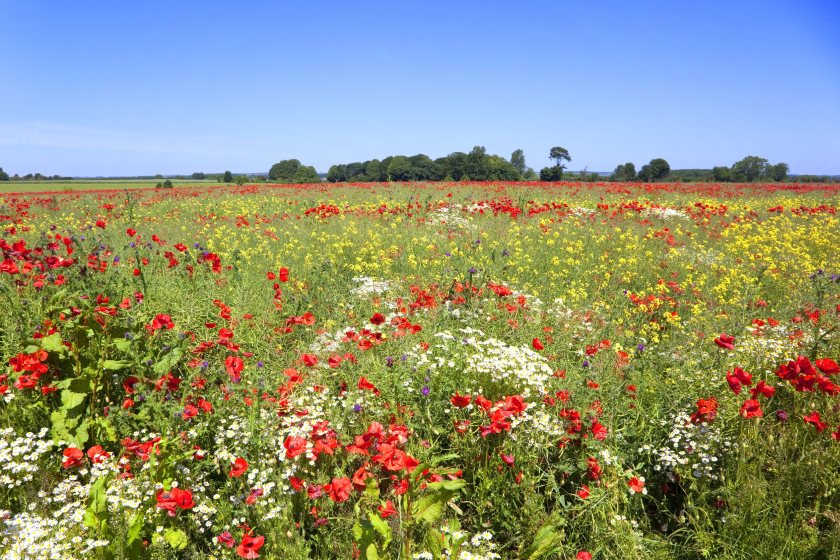
Farmers are being placed centre stage in Natural England’s new vision for growth and sustainability, with a strategy that puts nature-friendly farming at the core of both a thriving countryside and a resilient economy.
The plan, Recovering Nature for Growth, Health and Security, sets out how working with the land — not against it — can boost food production, strengthen rural economies and restore vital ecosystems.
It signals a shift towards large-scale, joined-up recovery across whole landscapes rather than isolated conservation projects.
For farmers, this could mean greater access to support for regenerative practices, new funding for nature-based projects and growing recognition of the role land managers play in tackling climate change.
Natural England wants to make it easier for farmers to lead on soil restoration, hedgerow planting and wetland recovery — while keeping farms productive and profitable.
More than 200 organisations, including farming groups, land managers and agri-businesses, helped shape the strategy, which places collaboration at its heart.
Tony Juniper, Chair of Natural England, said “nature provides the foundation stones of our growth, health and security,” warning that the pressures facing wildlife “are also threats to our way of life.”
He called for “bigger and better” action through partnership, saying the strategy shows how the country can “grow the economy and meet the government’s stretching legal environment targets” at the same time.
Chief executive Marian Spain described a “huge positive opportunity to unlock the power of nature” in driving national priorities.
“We know this can be done,” she said, pointing to examples from Lincolnshire’s farmland to Dorset’s wetlands and the uplands of the Pennines, where diverse partnerships for recovery are already delivering results.
Natural England argues that investing in nature is also investing in rural prosperity. Healthy ecosystems have tangible economic value — peatlands provide up to £888 million a year in water filtration, while access to green spaces delivers £25.6 billion annually in health and wellbeing benefits.
The plan centres on four key goals — restoring natural systems like rivers, forests and wetlands; weaving green infrastructure into how we build and invest; widening access to nature for better health and wellbeing; and backing farmers, foresters and fishers to produce food while protecting the environment.
The approach builds on Natural England’s wider role in planning and infrastructure, such as its position as Lead Environmental Regulator for the Lower Thames Crossing.
It also aligns with government goals to protect 30% of land and sea by 2030 and will feed into the next Environmental Improvement Plan.
For many in the industry, the message is clear: farming is not the problem — it’s the solution. Restoring nature isn’t just vital for the environment; it’s central to Britain’s food security, rural economy and long-term resilience.
